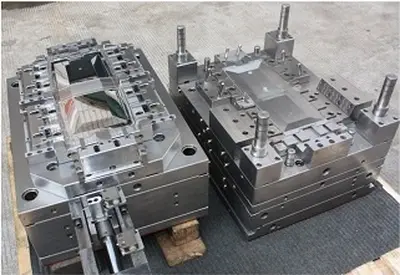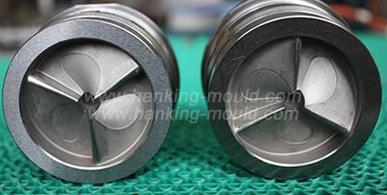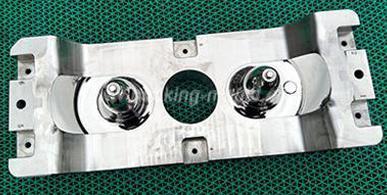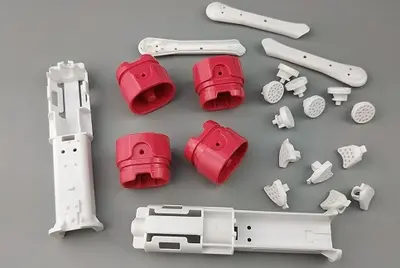

In late December, the Trump administration unexpectedly suspended a 25% tariff on injection moulding companies China moulds, decision analysts said could hurt U.S. moulding manufacturers, but would help U.S. plastics companies supplying automobile manufacturers.
The announcement by the U.S. Office of Trade Representatives means that, as part of the first round of US $34 billion tariffs imposed on Chinese imports, the 25% tariff on injection moulding companies China molds announced by the Trump Administration in July will be suspended for at least one year.
The Office of the United States Trade Representative did not explain why the decision was made, but a lawyer for the die manufacturing industry said it might be a response to more than 200 tariff exemption requirements for specific die imports from injection moulding companies China, many of which are part of the automotive supply chain.
The USTR statement covers a wider range of products than moulds. According to the statement, about 30 different categories of imported goods will be exempted from tariffs, and molds are the largest category under plastics.
"I believe they have received many requests from companies seeking exemptions from mould tariffs, and the government has decided to grant a full exemption to the mould without taking the time and effort to process each injection moulding company China exemption request," said H. Alan Rothenbuecher, a lawyer for the American Association of Mold Manufacturers based in Indianapolis. "No one knows exactly why, but that's my opinion."
Rothenbuecher wrote in an e-mail: "The [U.S.] mold manufacturer community was and is a strong supporter of these tariffs."
However, Plastic Processors say the high cost of 25% tariffs is hard for them to digest and poses serious problems for their already price-sensitive businesses.






 Call us on:
Call us on:  Email Us:
Email Us:  1st Floor, Block1, No.3 Beiting Road, Houting Community, ShaJing Street, Bao'An District, Shenzhen City, Guangdong Province, China
1st Floor, Block1, No.3 Beiting Road, Houting Community, ShaJing Street, Bao'An District, Shenzhen City, Guangdong Province, China